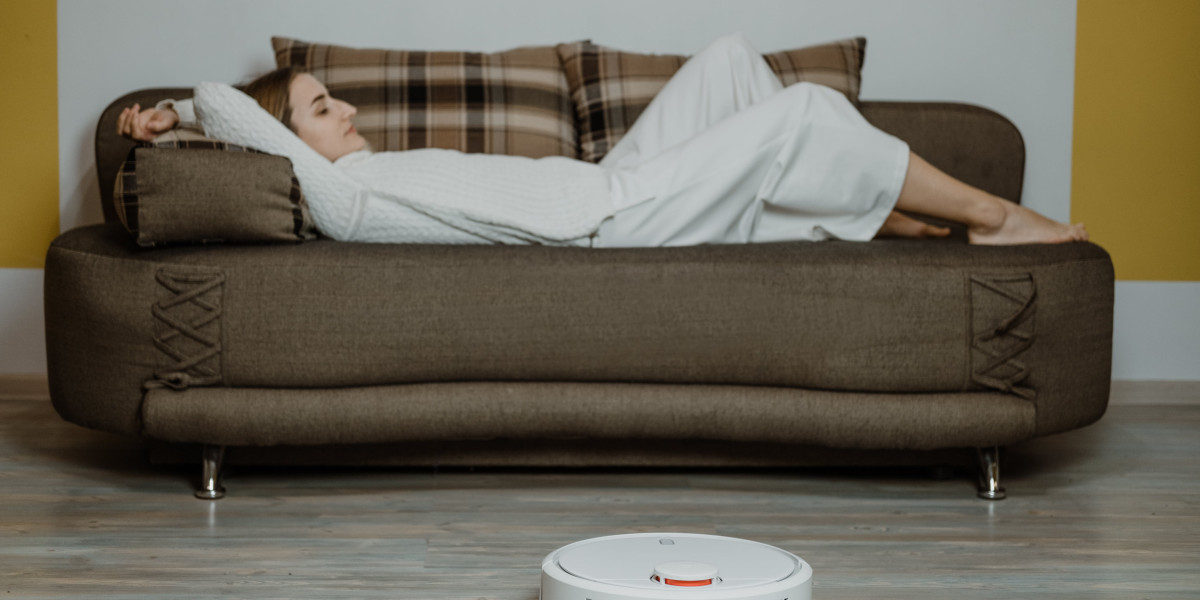Understanding Medical Rollators: A Comprehensive Guide
As the population ages and the occurrence of mobility-related problems increases, medical rollators have actually ended up being necessary assistive devices for lots of people seeking to restore their self-reliance. Medical rollators are not merely walking aids; they are comprehensive mobility services developed to supply stability, support, and convenience. This article checks out the different elements of medical rollators, including their types, benefits, essential features, and how to choose the ideal one.

What is a Medical Rollator?
A medical Rollator With Wheels is a walking aid equipped with wheels, hand brakes, and a seat. It is created to assist individuals with mobility difficulties, such as the elderly or those recovering from surgery or injury. Unlike conventional walkers, which require lifting, rollators permit users to move themselves forward with very little effort. They are designed for both indoor and outdoor use and deal users a degree of independence and self-confidence in mobility.

Secret Features of Medical Rollators
When selecting a medical rollator, a number of features need to be thought about:
- Wheels: Rollators usually have either 3 or 4 wheels, with the latter providing greater stability.
- Brakes: Hand brakes are essential for safety, allowing users to stop and protect the rollator when required.
- Seat: Many rollators featured an integrated seat for pause, making them perfect for users who may tire easily.
- Storage: Most designs consist of baskets or bags that enable for easy transport of individual items.
- Adjustable Height: Rollators should have adjustable height settings to accommodate users' differing requirements.
- Weight Capacity: Different Ergonomic Rollator designs support different weight limits-- it's essential to select one that fits the user's requirements.
| Feature | Description |
|---|---|
| Wheels | 3 or 4 wheels for stability |
| Brakes | Hand-operated for safety |
| Seat | Built-in for resting purposes |
| Storage | Extra storage area |
| Adjustable Height | Personalized for user convenience |
| Weight Capacity | Varies by design; check specs |
Benefits of Using a Medical Rollator
Medical rollators provide many advantages for users, consisting of:
- Enhanced Mobility: Rollators allow users to move more easily, decreasing the threat of falls while guaranteeing stability.
- Increased Independence: With the assistance provided by a rollator, users can browse their environments without relying too heavily on caretakers.
- Convenience While Resting: The seat feature permits users to take breaks as needed, making getaways more workable.
- Safety and Stability: Rollators are geared up with safe brakes, offering users confidence in their ability to stop and rest safely.
- Flexibility: They can be utilized for both indoor and outdoor activities, including shopping journeys and leisurely walks in the park.
Kinds Of Medical Rollators
Medical rollators come in numerous types to meet the diverse needs of users. Below are some typical types:
Standard Rollators: These have 4 wheels and are suitable for both indoor and outdoor use. They usually include a seat and storage compartment.
Compact Rollators: Designed for ease of transportation, these lighter models are foldable and easy to store, making them ideal for users who travel regularly.
Sturdy Rollators: Built for users needing sturdier assistance, these designs often include larger frames and higher weight capabilities.
Three-Wheel Rollators: Offering higher maneuverability, these are best for indoor use or in tight spaces, though they may offer less stability than Aidapt Lightweight Four-Wheeled Rollator Walker with Bag designs.
Bariatric Rollators: These designs are designed for much heavier weight capabilities and higher toughness, catering specifically to people needing extra support.
FAQs About Medical Rollators
Q1: How do I know if I require a rollator?
A1: If you have trouble walking, experience frequent fatigue, or fret about falling, a rollator might be beneficial. Consulting with a health care professional can supply personalized suggestions.
Q2: Are rollators covered by insurance coverage?
A2: Many insurance coverage plans, including Medicare, might cover rollators when recommended by a NRS Healthcare Aluminium 4-Wheeled Rollator With Basket provider. It's advisable to check KMINA PRO Folding Walker with Seat – All Terrain your insurance coverage strategy for specifics.
Q3: How do I keep a medical rollator?
A3: Regularly check the brakes, wheels, and overall structure for wear and tear. Tidy the frame and storage compartments to make sure hygiene.
Q4: Can rollators be changed for height?
A4: Yes, a lot of rollators have adjustable deals with to fit the user's height conveniently. This is important for appropriate posture and ease of use.
Q5: What should I consider when picking a rollator?
A5: Consider the environment you will be using it in (indoor vs. outdoor), the weight capacity required, features you prefer (such as a seat and storage), and your own physical requirements.
How to Choose the Right Medical Rollator
Selecting the proper medical Arebos Lightweight Rollator with Seat & Bag can significantly affect a user's lifestyle. Here are some actions to consider when choosing:
Assess Needs: Determine what functions are essential, such as a seat, storage, or weight capacity.
Test Models: If possible, attempt out different rollators. Examine how simple they are to maneuver and if the height modifications fit your needs.
Research study Brands: Look for trusted brand names that provide guarantees and great customer support.
Consult Healthcare Professionals: Engage with physical therapists or occupational therapists who can offer suggestions based upon medical assessments.
Inspect Reviews: Online evaluations can supply insights into user experiences with specific designs.
In conclusion, medical rollators are invaluable tools that improve mobility and self-reliance for those with mobility challenges. By comprehending the functions, benefits, and types readily available, users can better navigate their choices and seamlessly integrate rollators into their every day lives. Whether assisting with healing or just improving mobility, medical rollators play a crucial function in promoting self-reliance and safety for people throughout varying mobility contexts.








